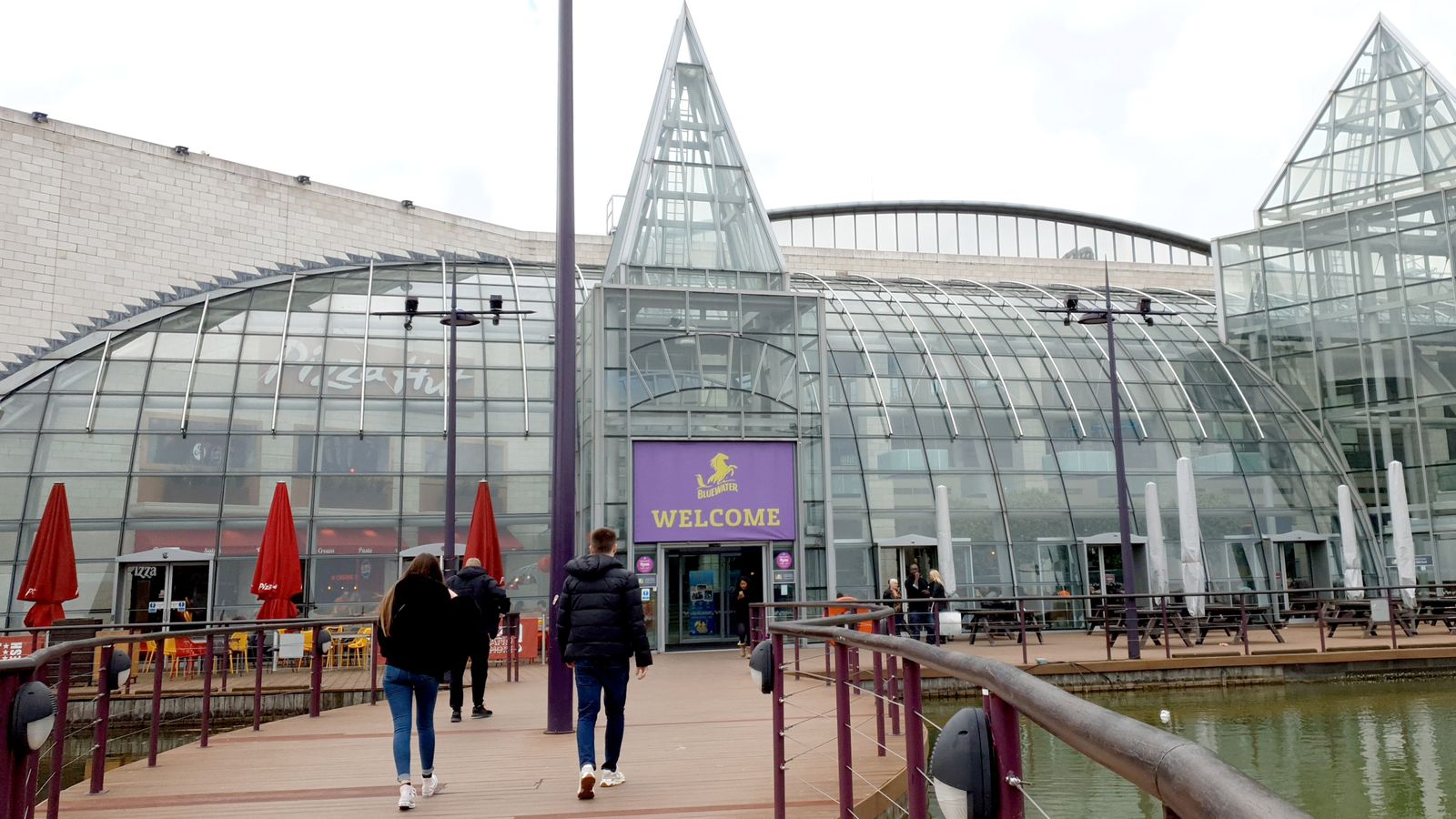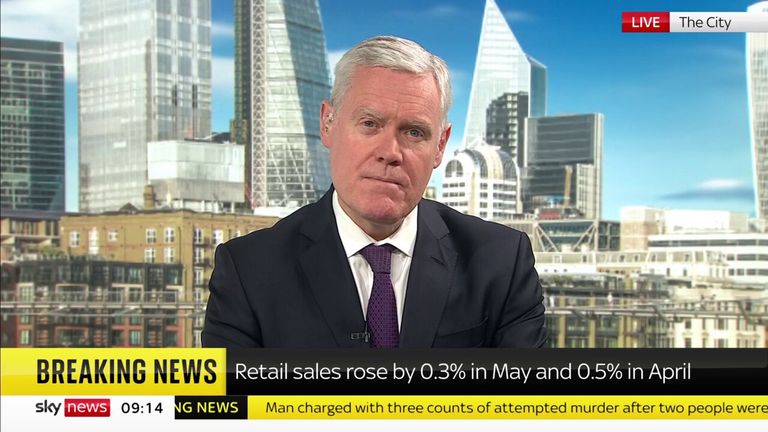British towns have lost 6,000 retail outlets over the past five years, though the vacancy rate has improved in some settings, figures show.
The biggest 650 towns across Britain have lost a combined 6,000 retail outlets, such as shops and restaurants, since 2018, the British Retail Consortium (BRC) said.
Its vacancy monitor, compiled in conjunction with Local Data Company, showed vacancy rates across Great Britain reached nearly 14% (13.9%) in the three months up to June this year.
The rate is slightly worse than the first three months of 2023 (when vacancy was recorded as 13.8%) and slightly better than the same period in 2022, when the rate of empty outlets was 14%.
The rate varied depending on the kind of retail outlet.
Read more
Currys boss ‘wary’ of economic optimism as overall profits fall
Dramatic rise in ‘looting’ and staff abuse at Co-op shops in past year
While the percentage of empty units in shopping centres remained unchanged since the beginning of the year – and higher than retail overall with a vacancy rate of 17.8% – retail parks have done well.
They have the lowest vacancy rate – 8.1%, an improvement on the 8.6% empty rate in the first quarter of this year.
The Greater London area also performed well in terms of vacancy rates.
Due to the return of tourists and office workers after the pandemic and the opening of flagship retail shops, the capital has the lowest vacancy rate in Britain.
The East and South East also fared well while the North East had the highest vacancy rates, followed by Wales and Scotland.
Outlets have faced headwinds from pandemic-related closures, rising energy bills and higher borrowing costs.
Not only have these difficulties caused businesses to shut up shop, they have deterred would-be retailers from opening businesses, the BRC said.
Business taxes, known as rates, were also identified by the BRC as a difficulty for retailers.
“Government should review the broken business rates system. Currently, there’s an additional £400m going on retailers’ bills next April, which will put a brake on the vital investment that our towns and cities so desperately need,” said BRC chief executive Helen Dickinson.
Ms Dickson called for a freezing of rate bills in 2024.

